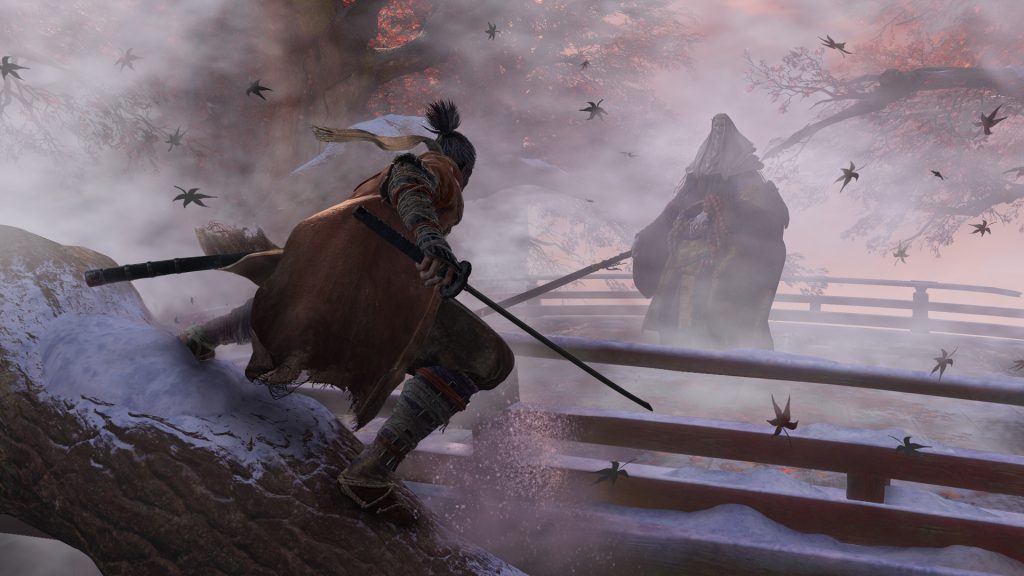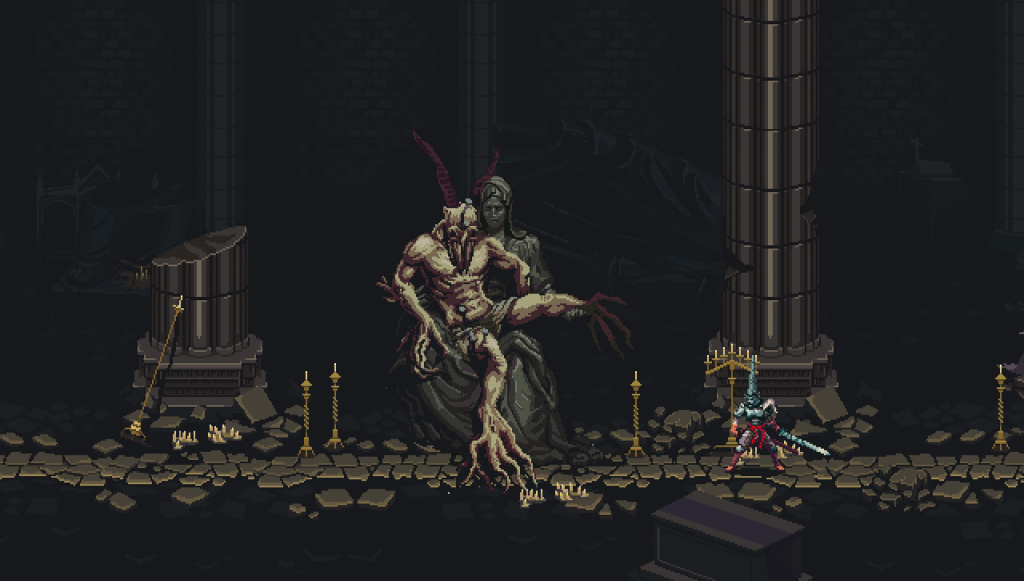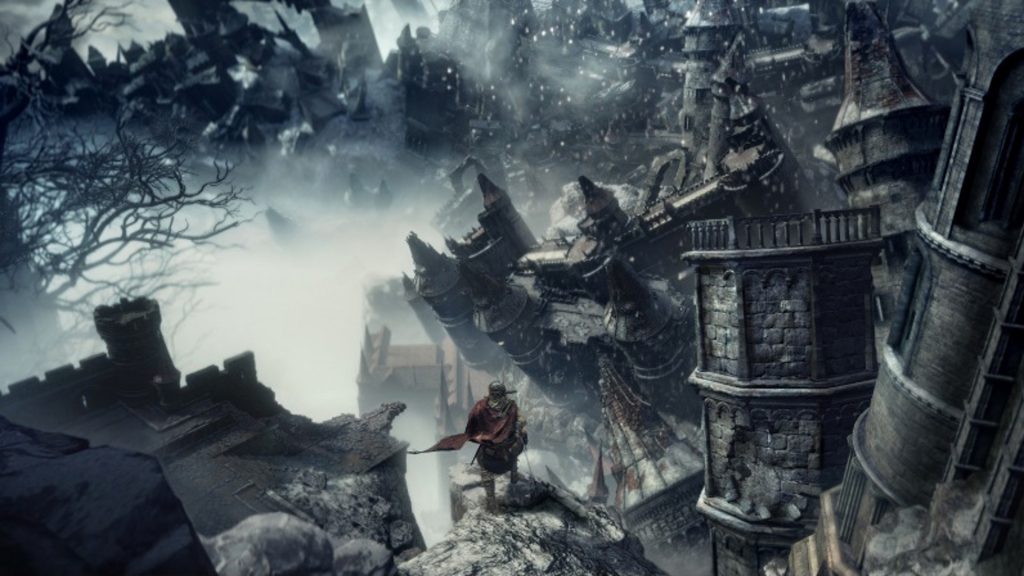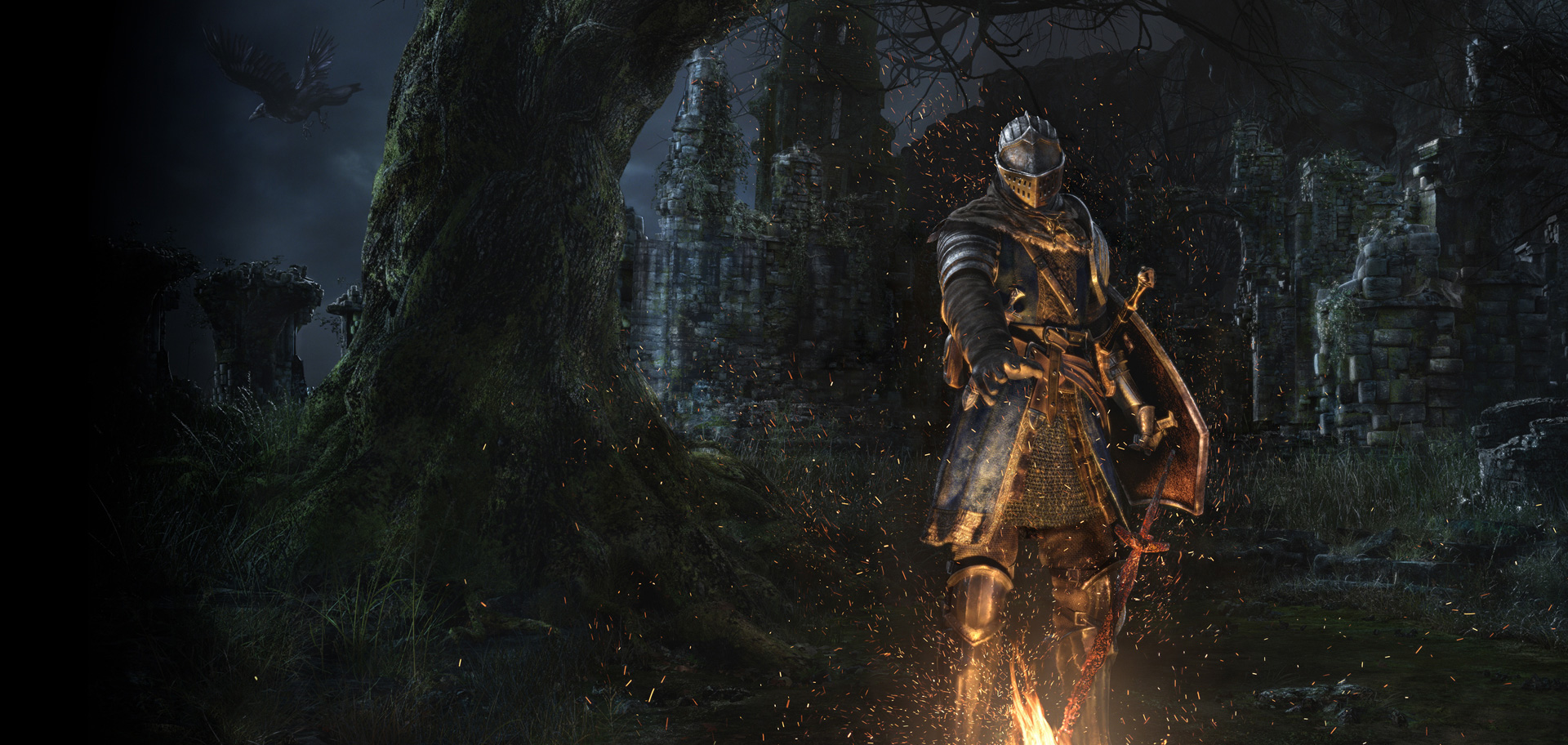Back in 2011, Japanese development team FromSoftware (commonly referred to as ‘FromSoft’ for short) released their action-adventure RPG Dark Souls into the world as a spiritual successor to their surprise hit Demon’s Souls. From that point on, the Souls, and Souls-like, franchise has become something of a modern phenomenon within the video game market.
Developers the world over, both independent and corporate, have been looking to replicate this success by providing their own takes on the traditional formula that become synonymous with challenge. However, what needs to stop is the ever reoccurring phrase “this is the Dark Souls of X genre”.
Soul Harvesting

Sekiro is stepping away from the Souls series, and back towards FromSoft’s Tenchu roots
With the impending release of Sekiro: Shadows Die Twice in 2019, it’s become a tired cliché for most games journalists to write. Except that it’s damaging to not only the game they’re referring to in their think pieces and reviews, but also the very series that they take the name from. Dark Souls is hard. The vast majority of people understand this as a given, likely due the fact that producers Bandai Namco pushed that narrative during the months leading the release of Dark Souls II.
But this “difficulty” isn’t as legendary as people think it is, because you cannot compare and contrast difficulty in titles that aren’t of the same genre, mechanics and style. Difficulty in video games is all going to remain a hot topic of discussion, because what is hard to one person is easy to another. Because of this conversation however, it’s easy to make examples of one title that is well-renowned and understood rather than explain why the game is challenging in its own, unique, way.
Lazy Souls

Blasphemous is promising a brutal, intense combat system focused on precision attacking and blocking – set in a darkly beautiful world
Crowning something as “this is the Dark Souls of” is almost like a copout now. Because people will see the headline, then instantly agree that the game in question is simply hard because Dark Souls was mentioned. This cannot be the case anymore. Cuphead, a platformer with unforgiving bosses is not the same as Dark Souls, and simply because it is difficult does not mean the two share even the slightest thing in common.
Just because someone struggles with a learning curve, or a unique challenge doesn’t have to instantly mean that Dark Souls must be mentioned. I write this as someone who has played, beaten and put far too many hours into every main Souls title (Demon’s Souls, Dark Souls I, II & III) as well as Bloodborne. Their difficulty is warranted for good reason, and in ways they are incredibly challenging titles in their own right that will offer something new to each player.
But to say that “this is the Dark Souls of” ignores what makes that game interesting. And while some titles copy more from the series, as opposed to taking inspiration from, this new wave of games cannot be placed under a single banner. There are legions of Souls-like titles now, from the 2D Salt & Sanctuary to the oppressive Nioh, to slightly further flung titles like DarkMaus, and the upcoming Blasphemous – all which offer a different challenge. To lump them into one another without fully appreciating them is insulting.
More & More Souls

Dark Souls IV isn’t likely to be gracing our shelves anytime soon, as FromSoft are working on Sekiro and other projects
With the end of the Souls series being marked with the release of the Ringed City DLC for Dark Souls III in 2017, it’s time to look at the developers who have taken the oringal method and changed it to fit their own dreams. So, rather than saying “this is the Dark Souls of”, let’s resign that saying to the depths of the internet and start seeing games beyond their crushing difficulty, or lack thereof.
In the end all that matters is that the word “difficult” does not quickly become “Dark Souls” instead.



